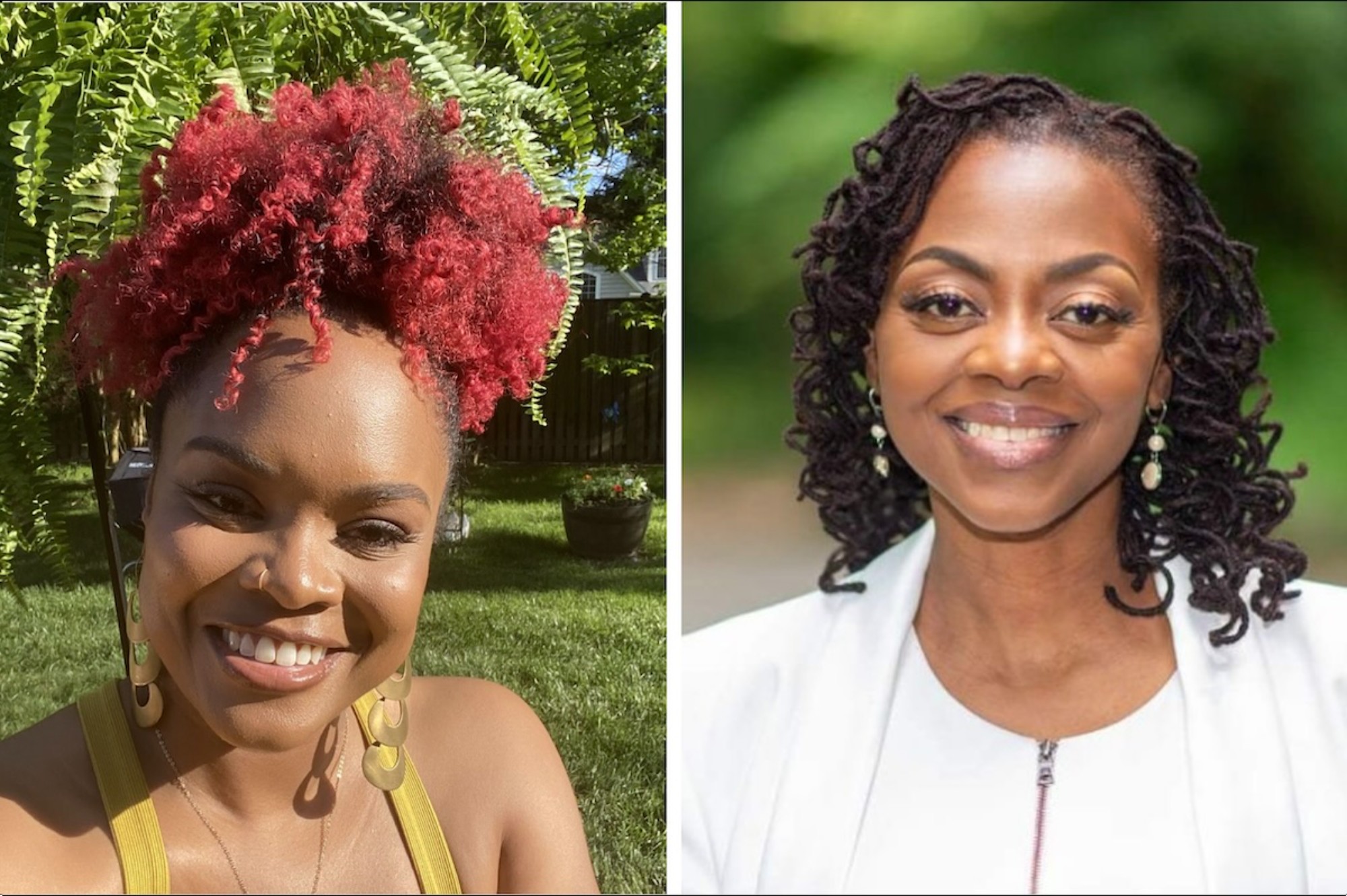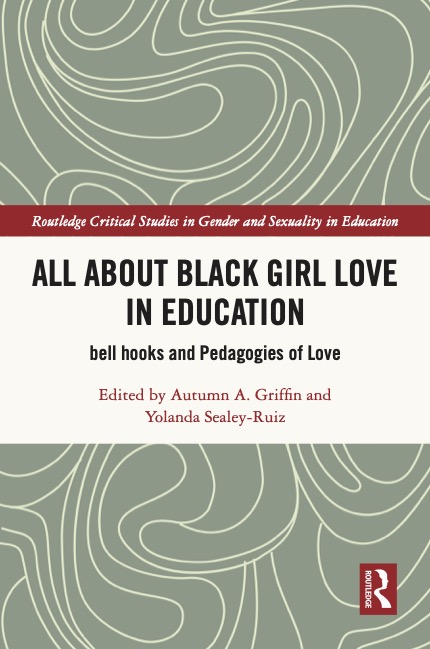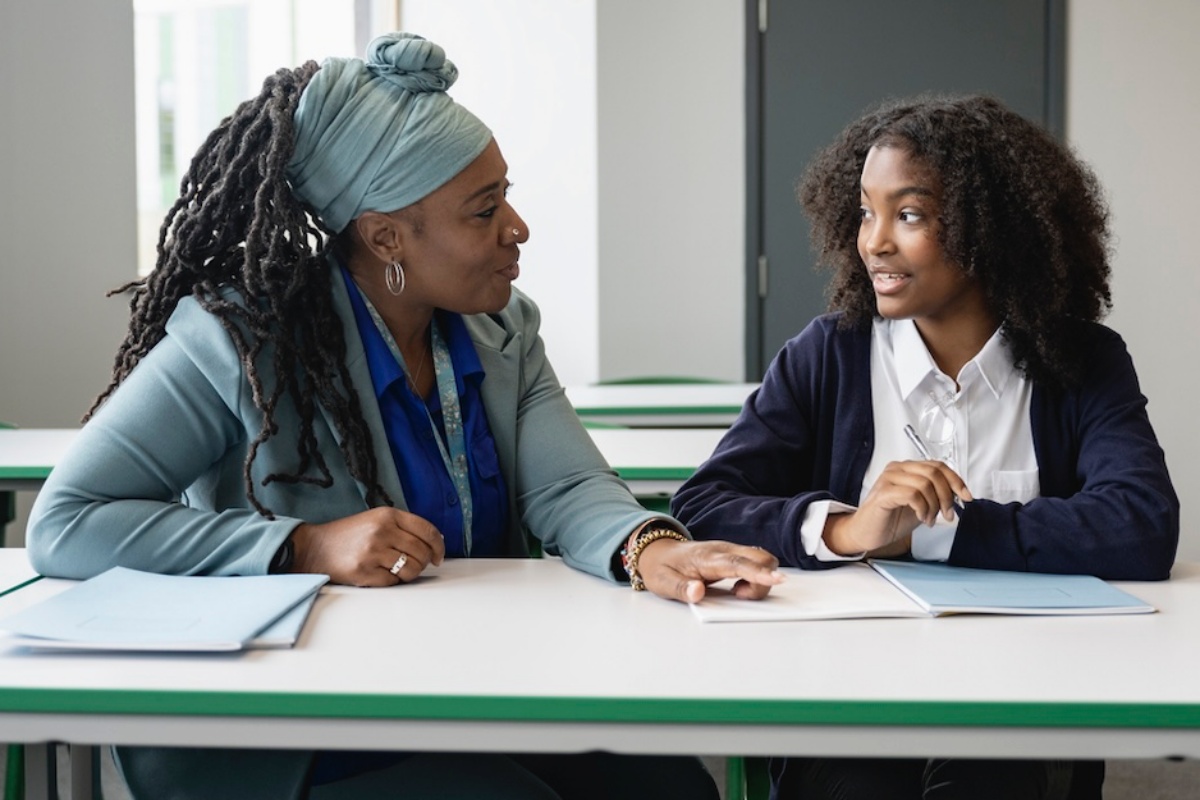Schools in America are failing Black girls. Nationwide, Black girls are suspended and disciplined at rates six times higher than their white counterparts, while Black boys are three times more likely to be suspended than white boys. They’re also punished more harshly for minor infractions, like dress code violations. This treatment, caused in part by anti-Black bias, negatively impacts their school performance and can lead to arrests. For many Black girls, schools can be antagonistic places that leave them feeling unvalued. Racial literacy scholar Yolanda Sealey-Ruiz, Professor of English Education at TC, is well aware of this fraught relationship and her new co-edited volume offers a remedy: love.
Conceptualized and realized in partnership with Autumn A. Griffin, postdoctoral research associate at Georgia State University, All About Black Girl Love in Education: bell hooks and Pedagogies of Love demonstrates what love looks like in school, why it’s necessary, and how to enact change. “It's somewhat of a guidebook to how to love Black girls and treat them differently,” explains Sealey-Ruiz, a recipient of New York University’s 2024 Dorothy Height Distinguished Alumni Award.

Autumn A. Griffin and Yolanda Sealey-Ruiz
The multimodal book explores the present and future of Black girlhood, engaging with Black feminist scholar bell hooks and her book All About Love, a deeply influential text published 25 years ago that provided a blueprint for nurturing love. Honoring the path hooks “paved for us,” as well as their own working relationship, Griffin and Sealey-Ruiz invited cross-generational research teams to contribute to the volume, which includes chapters ranging from traditional research papers to lesson plans to personal narratives, each followed by a poem.
Aimed at Black women, and educators of Black girls and women, the volume comes at a time when compassionate education is needed more than ever. “I can't think of a time where the U.S. has ever centered love, but we're living in a time right now where it's especially important to center love,” says Griffin.
What does it mean to bring love into schools?
For the editors, love is not an emotion, but rather an action and an obligation for teachers. Sealey-Ruiz focuses on critical love in her practice, which she defines as “having a profound and ethical commitment to the communities you serve.” When it comes to the classroom, this means that teachers have a responsibility to ensure their students thrive in school, to make sure they connect with and understand the lessons.

The hardcover and e-book editions of All About Black Girl Love in Education are available for purchase at Routledge.com. The paperback will be available for pre-order September 27, 2024
Recalling her time as a teacher in Atlanta, Griffin explains that love in schools can also manifest as making the effort to connect to students’ cultures or creating a safe space in the classroom. “Making sure kids feel loved in the classroom goes beyond what you are presenting them with,” she says. “How are you interacting with them? How are you honoring their humanity as people? They're young people, but they're people, with real thoughts and ideas and questions. Making space to nurture that [is critical].”
While each teacher will have their own approach to bringing love into the classroom, for “those who teach, it is an obligation to love Black girls in your classroom,” says Sealey-Ruiz. “[And] love is a verb. It's something you have to practice to do.”
Why is now the time to discuss the experience of Black girls in school?
“It is always time to talk about loving Black girls,” says Sealey-Ruiz, however, the death of Sandra Bland in 2015 and the growth of the #SayHerName movement was a catalyst for this particular book. “We had to create a gathering space. And that's what the book is, a gathering space of us loving on each other, but also inspiring others to love us.”
This mindset guided the book’s creation, which in many ways was an exercise in self-excavation — part of Sealey-Ruiz’s Archaeology of Self ™ framework which helps teachers uncover and address unconscious biases.
While the book was created by and for Black women and girls, for the editors it is a book that all people can find value in, especially teachers. “How can we put folks into classrooms without them having a foundational understanding of what love is?” asks Griffin. “Parents and caregivers are sending us their very best thing every day. And we have a responsibility to love them while they're under our care.”
The editors — both of whom place love at the center of their lives and scholarship — chose to hone in on the experiences and needs of Black girls in particular because if “we can get it right with Black girls, we have the opportunity to get it right with everyone,” says Sealey-Ruiz. “Love and healing have to be part of education because there's been so much harm that has been and continues to be done in school spaces to Black and brown children.”
